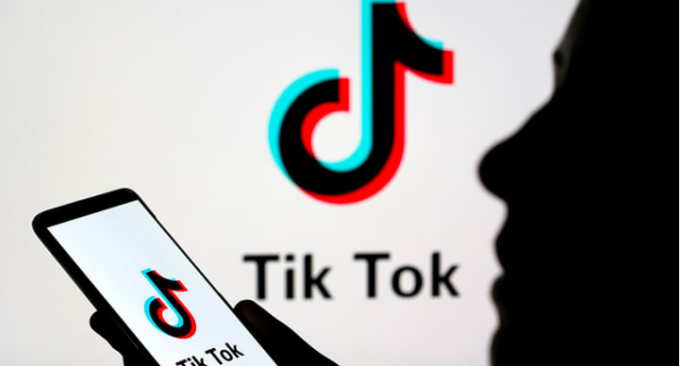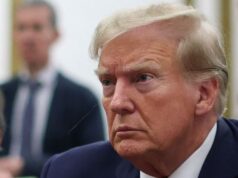The U.S. Supreme Court on Friday ruled in favor of a federal law that bans TikTok, upholding Congress’ decision to enforce the divestiture of the app from its Chinese parent company, ByteDance, citing national security risks.
The decision comes just days before the bipartisan law, passed in April, was set to take effect.
In an unsigned ruling, the court acknowledged TikTok’s significant role for its 170 million American users as a platform for expression, engagement, and community.
However, the justices concluded that the government’s national security concerns regarding TikTok’s data collection and its potential ties to the Chinese government outweighed the platform’s free speech arguments.
The law, known as the Protecting Americans from Foreign Adversary Controlled Applications Act, requires TikTok to either divest from ByteDance or face removal from U.S.-based app stores and hosting services.
Congress had expressed concern that the app could be used to gather vast amounts of personal data from American users, with fears that it could be weaponized by the Chinese government.
In response to the decision, TikTok, ByteDance, and several app users had previously filed lawsuits to block the ban, arguing that it would suppress free speech.
Despite their efforts, the lower courts upheld the law, and the Supreme Court’s ruling affirmed the legality of the divestiture requirement.
The ruling comes as President-elect Donald Trump, who was not expected to immediately respond, prepares for his inauguration.
His administration may choose to delay or modify the law’s enforcement, allowing TikTok additional time to comply or seek alternatives.
The case highlighted conflicting perspectives between national security concerns and the First Amendment, with TikTok’s legal team asserting that the law was an undue restriction on free speech.
While the company contended that its operations in the U.S. were separate from its Chinese ownership, the Biden administration underscored the potential threats posed by TikTok’s data practices.
During the hearings, the U.S. Solicitor General emphasized the “grave” risks posed by TikTok’s foreign ownership, while TikTok’s legal representatives stressed the platform’s right to operate under the same First Amendment protections as any other U.S.-based entity.

















